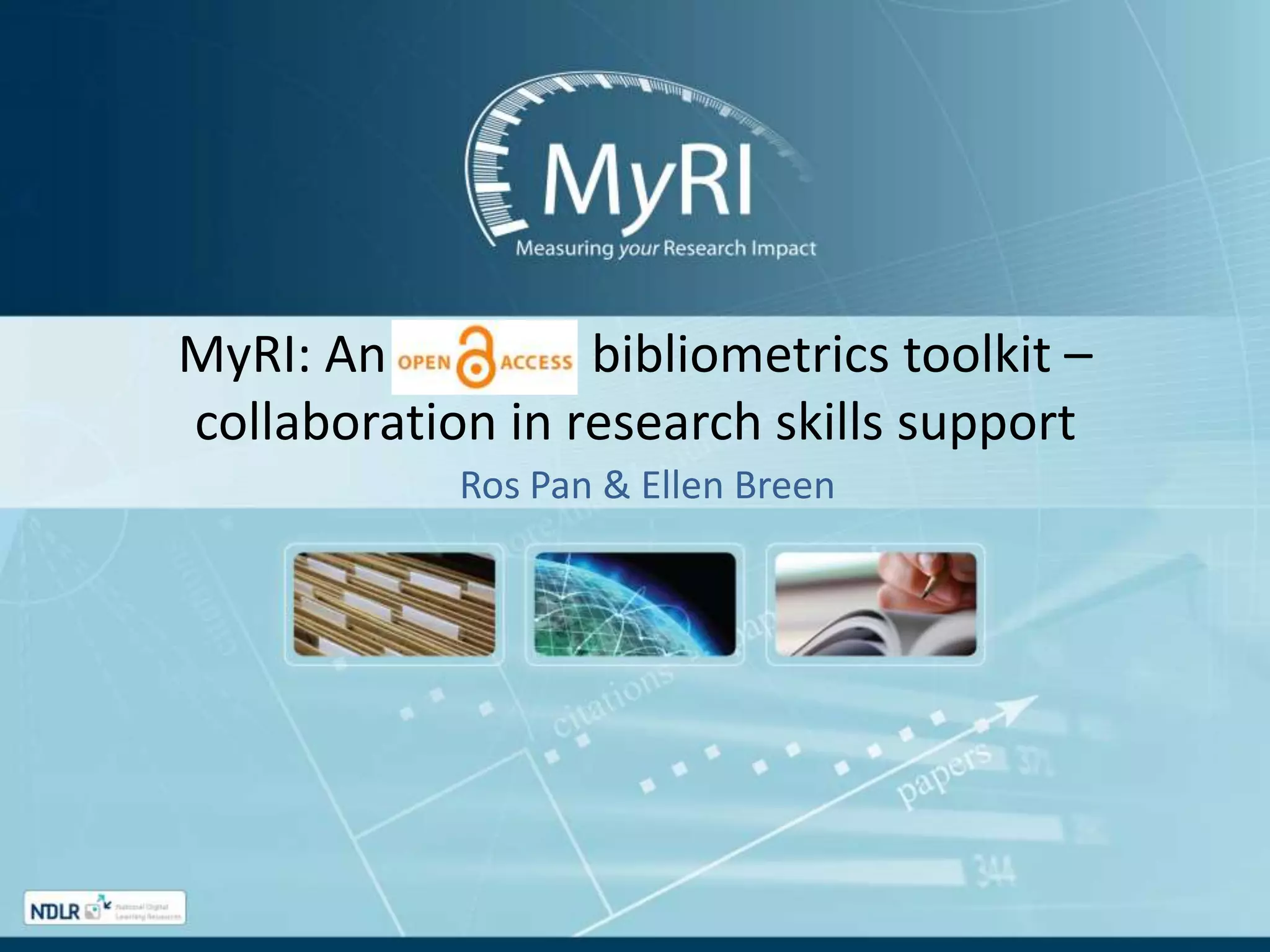Bibliometrics is the use of statistical methods to analyse books, articles and other publications, especially in scientific contents. Bibliometric methods are frequently used in the field of library and information science. Bibliometrics is closely associated with scientometrics, the analysis of scientific metrics and indicators, to the point that both fields largely overlap.
Bibliometrics studies first appeared in the late 19th century. They have known a significant development after the Second World War in a context of "periodical crisis" and new technical opportunities offered by computing tools. In the early 1960s, the Science Citation Index of Eugene Garfield and the citation network analysis of Derek John de Solla Price laid the fundamental basis of a structured research program on bibliometrics.
Citation analysis is a commonly used bibliometric method which is based on constructing the citation graph, a network or graph representation of the citations shared by documents. Many research fields use bibliometric methods to explore the impact of their field, the impact of a set of researchers, the impact of a particular paper, or to identify particularly impactful papers within a specific field of research. Bibliometrics tools have been commonly integrated in descriptive linguistics, the development of thesauri, and evaluation of reader usage. Beyond specialized scientific use, popular web search engines, such as the pagerank algorithm implemented by Google have been largely shaped by bibliometrics methods and concepts.
The emergence of the Web and the open science movement has gradually transformed the definition and the purpose of "bibliometrics." In the 2010s historical proprietary infrastructures for citation data such as the Web of Science or Scopus have been challenged by new initiatives in favor of open citation data. The Leiden Manifesto for Research Metrics (2015) opened a wide debate on the use and transparency of metrics.
Source: Wikipedia, the free encyclopedia


 The MyRI Project has produced a set of materials to support bibliometrics training, including measuring your research impact
The MyRI Project has produced a set of materials to support bibliometrics training, including measuring your research impact